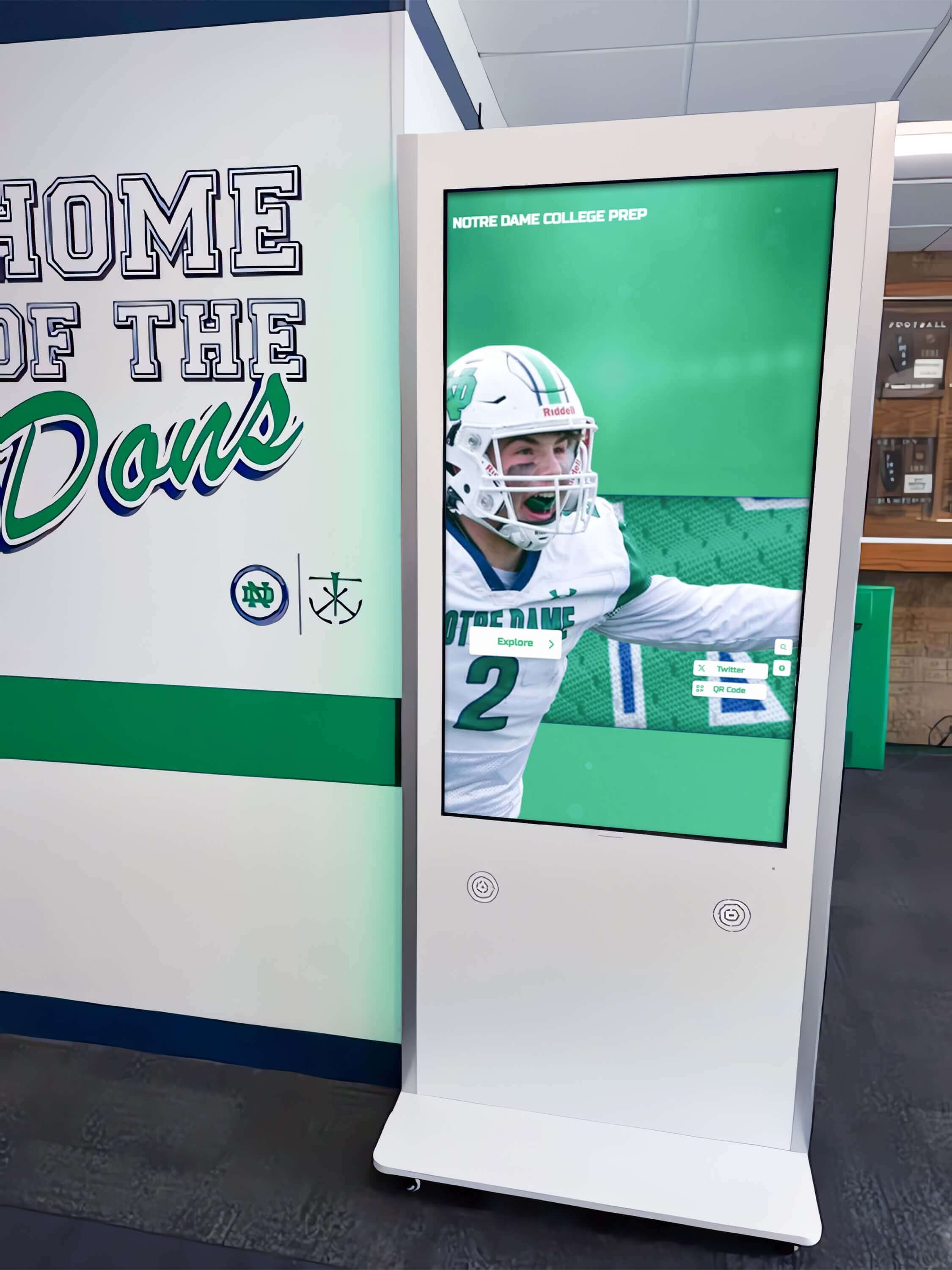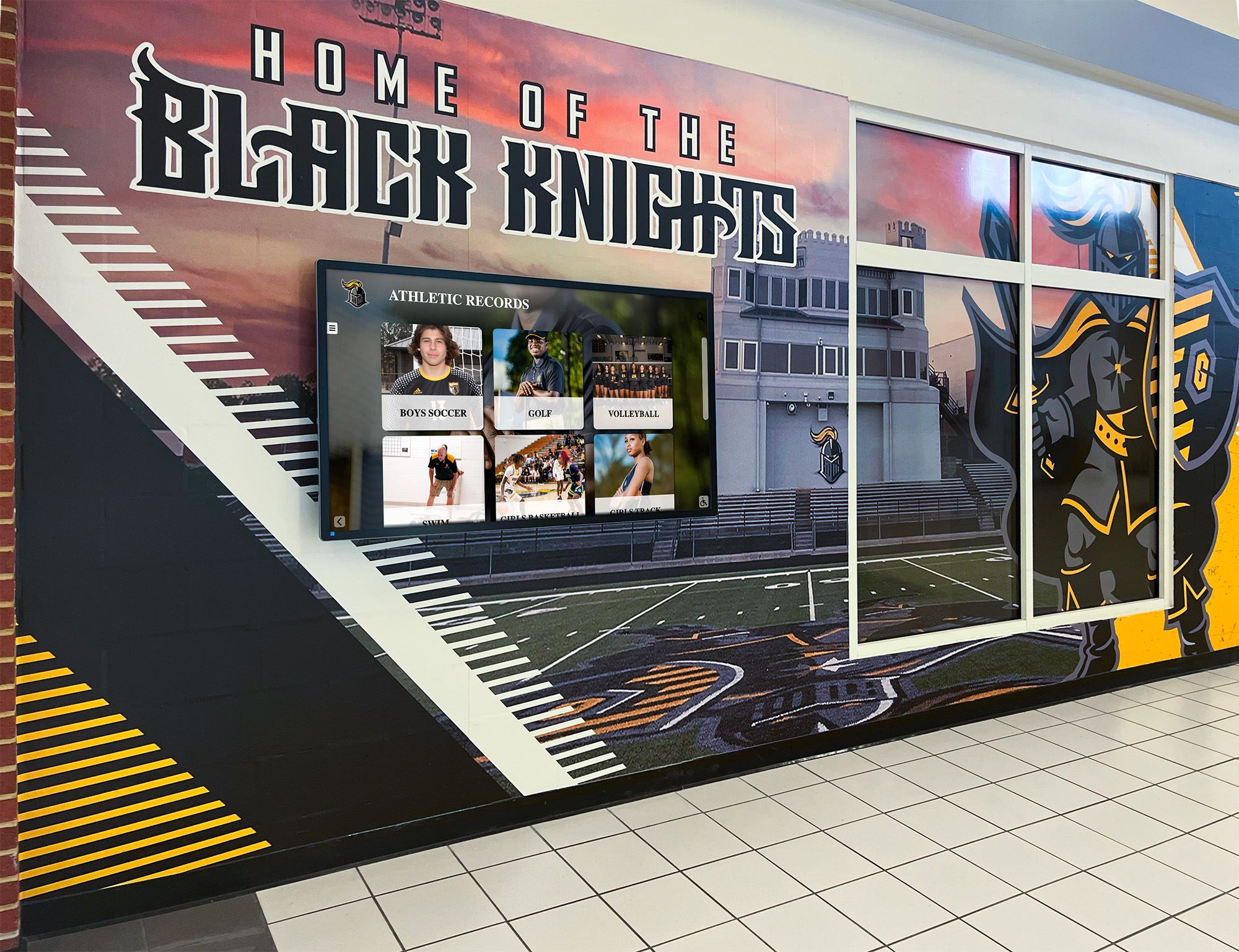Student Programs
- Home /
- Categories /
- Student Programs

E-sports Conference Championships: Complete Guide to Recognition & Celebration for Schools & Colleges
E-sports conference championships have rapidly evolved from informal gaming competitions into structured, varsity-level athletic programs earning recognition alongside traditional sports at high schools and universities nationwide. With over 8,600 high schools and more than 260 colleges fielding competitive esports teams, championship victories in conferences sanctioned by organizations like NACE (National Association of Collegiate Esports) and NASEF (North America Scholastic Esports Federation) now carry the same prestige as basketball titles or football championships. Yet many institutions struggle with how to appropriately celebrate these digital-age achievements, often relegating esports recognition to social media posts while traditional sports receive permanent trophy displays and championship banners. This comprehensive guide explores the structure of esports conference championships, the significance of competitive gaming achievements, and how schools and colleges can implement recognition programs that validate esports excellence with the same prominence and permanence as any other varsity sport. Understanding E-sports Conference Championships E-sports conference championships represent the culmination of regular season competition where schools compete for conference titles across various games, from League of Legends and Valorant to Rocket League and Super Smash Bros. Understanding this competitive landscape helps institutions develop appropriate recognition strategies.
Read More
Honoring Chess Club Presidents & Tournament Winners: Complete Recognition Guide for Schools & Colleges
Chess clubs in schools and colleges represent vibrant intellectual communities where students develop strategic thinking, competitive skills, and lasting friendships through the ancient game of kings. At the heart of successful programs stand dedicated student leaders—presidents and executive officers who organize tournaments, coordinate competitions, mentor newer players, and build cultures of excellence—alongside tournament champions whose competitive achievements bring recognition to their institutions. These leaders and competitors invest countless hours perfecting their craft and managing their clubs, yet their accomplishments often receive insufficient recognition compared to traditional athletic achievements. This comprehensive guide explores how educational institutions can effectively honor chess club presidents, executive board members, and tournament winners, celebrate their contributions and achievements, and inspire future generations through meaningful recognition programs that validate intellectual and competitive excellence in chess. Understanding Chess Club Leadership and Competitive Achievement Successful chess programs require dual focus on organizational leadership and competitive excellence, with club presidents managing operations while tournament champions demonstrate the heights of achievement possible through dedicated practice.
Read More
Honoring Chess Club Presidents and Leadership: A Complete Recognition Guide for High Schools
Chess clubs represent some of the most intellectually enriching after-school activities available in high schools, providing students with opportunities to develop strategic thinking, competitive skills, and meaningful friendships through the ancient game of chess. At the heart of successful chess clubs stand dedicated student leaders—presidents, vice presidents, and executive board members who organize meetings, coordinate tournaments, mentor newer players, and build vibrant communities around chess. These student officers invest countless hours ensuring their clubs thrive, yet their leadership contributions often receive insufficient recognition compared to athletic team captains or student government officers. This comprehensive guide explores how schools can effectively honor chess club presidents and executive board members, celebrate their leadership contributions, and inspire future generations of chess club leaders through meaningful recognition programs that validate the importance of this intellectual pursuit. Understanding Chess Club Leadership Structure High school chess clubs typically organize around hierarchical leadership structures that distribute responsibilities among multiple officers while maintaining clear lines of authority and accountability.
Read More
Chess Programs in Schools: A Complete Guide to Cognitive Benefits, Implementation, and Recognition
Chess has emerged as one of the most valuable academic enrichment programs schools can offer students. Far beyond a simple board game, chess teaches critical thinking, strategic planning, patience, and sportsmanship while delivering measurable cognitive and academic benefits. For educators seeking to enhance student learning outcomes while building engaging extracurricular programs, chess offers a proven, accessible solution that benefits students across all achievement levels and socioeconomic backgrounds. Why Chess Programs Matter in Modern Education Chess programs have gained widespread adoption in schools worldwide because they address multiple educational objectives simultaneously. Research consistently demonstrates that regular chess instruction improves academic performance, cognitive abilities, social skills, and character development—making chess one of the most efficient educational interventions available.
Read More






























